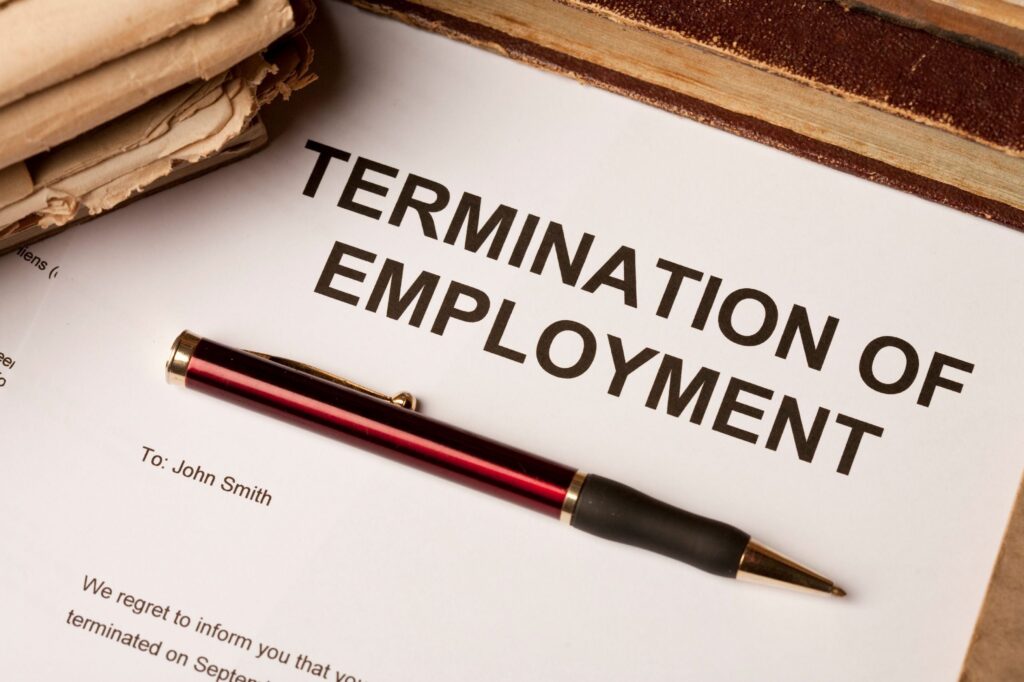The Workplace Relations Commission (WRC) recently ordered the state broadcaster to pay €100,000 to a former senior producer for age-related discrimination. The decision highlights the serious risks employers face if they mishandle an employee’s retirement.
Our ageing workforce
The RTÉ case should be viewed in the context of an ageing Irish workforce. Not only are there more senior employees at work, more and more of them are seeking to work beyond traditional retirement ages.
If employers refuse an employee request to extend his/her working life, many employees are seeking legal advice and making discrimination claims to the WRC. And that’s not an exaggeration. The WRC reported that employment equality complaints increased by 343% in 2018, the majority of which were retirement-related.
Background to the RTÉ case
In September 2017, Anne Roper, a senior producer with RTÉ, received a letter in anticipation of her 65th birthday inviting her to a retirement planning course. Ms Roper made a request to work beyond her 65th birthday on a fixed-term contract. She went back and forth with RTÉ’s HR department until April 2018 when it became apparent that RTÉ would not accept the request to work beyond the age of 65.
Ms Roper then attempted to overturn the decision through RTÉ’s internal grievance procedure, but to no avail. Following confirmation of her termination, she lodged a discrimination claim on the ground of the age under the Employment Equality Acts 1998 – 2015.
Contractual retirement age
Several employment documents were presented to the WRC by RTÉ. These included the employment contract, pension documents and the staff manual. However, none of these documents referred to a mandatory retirement age, only a ‘normal retirement date’ or a ‘normal retirement age.’
Although RTÉ submitted evidence proving that most employees do retire at 65, a significant number of employees (17%) also worked beyond the age of 65 for the state broadcaster.
While RTÉ failed to establish that there was a contractual retirement age, the adjudication officer (AO) was not satisfied that Ms Roper was unaware that the ‘normal retirement age’ of 65 might apply to her. As a result, the AO considered RTÉ’s defence of objective justification.
What is objective justification?
Mandatory retirement ages must be objectively justified by a legitimate business aim. The Workplace Relations Commission published a Code of Practice on Longer Working in December 2017 setting out the following legitimate business aims which employers could rely on to justify a mandatory retirement age:
- intergenerational fairness (allowing younger workers to progress);
- motivation and dynamism through the increased prospect of promotion;
- health and safety (generally in more safety-critical occupations);
- creation of a balanced age structure in the workforce;
- personal and professional dignity (avoiding capability issues with older employees), or
- succession planning.
RTÉ put forward the argument that it was necessary for Ms Roper to retire at age 65 for two reasons. Firstly, to ensure intergenerational fairness and secondly, to facilitate the promotion of younger producers.
For the objective justification defence to succeed, the mandatory retirement age must be an appropriate and necessary means of achieving the stated business aim. The AO rejected the argument that RTÉ’s means of achieving intergenerational fairness were appropriate or necessary. The AO found that RTÉ’s decision to forcibly retire Ms Roper had a disproportionately negative effect on the employee and made little difference to workforce demographics.
Ruling
The WRC concluded that denying Ms Roper the opportunity to work beyond the age of 65 was discriminatory and noted that it was also contrary to government and social policy to promote longer working lives. As the objective justification defence failed, the AO ordered RTÉ to pay Ms Roper compensation of one year’s salary which came to €100,000.
RTÉ has since announced its intention to appeal the decision.
So, can employers enforce a mandatory retirement age?
There is a legal basis for enforcing mandatory retirement ages. Provided there is objective justification for setting a particular retirement age, it will be permitted under the Employment Equality Acts 1998 – 2015.
In practice, this means that you must have a legitimate business aim that justifies the particular retirement age. You must also provide evidence that the retirement age is an appropriate and necessary way of achieving that aim.
Reduce retirement risks
Did you know that almost a fifth of the Irish workforce is now aged 55 and over (up from 10% in 1998)? This, combined with the fact the state pension age is increasing in the coming years, means that requests to work beyond traditional retirement ages are going to increase too.
These factors combine to produce age-related discrimination risks for employers. To avoid an RTÉ type situation, ensure you have appropriate retirement clauses in your employment contracts and that you are prepared to handle conversations around retirement with senior employees.
Need our help?
If you would like further complimentary advice on retirement from an expert, our advisors are ready to take your call. Call us on 01 886 0350 or request a callback here.








